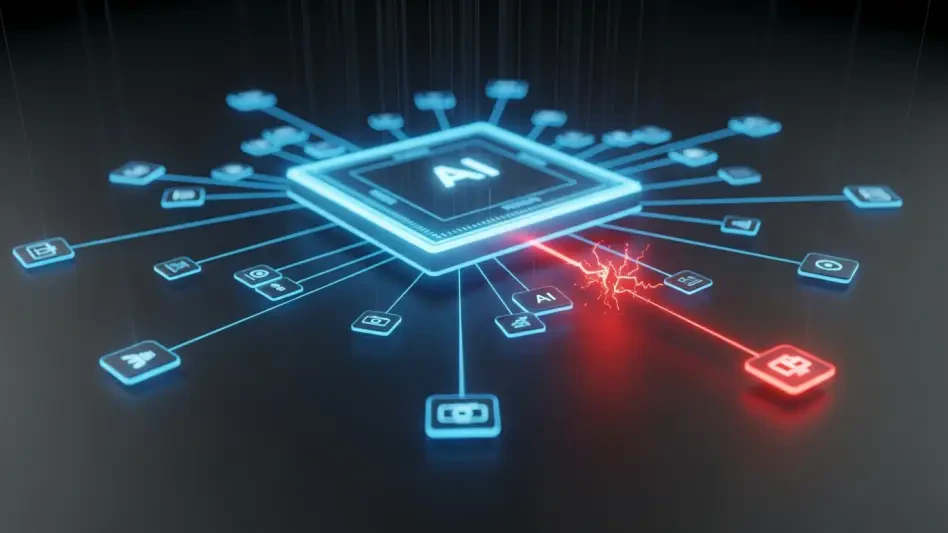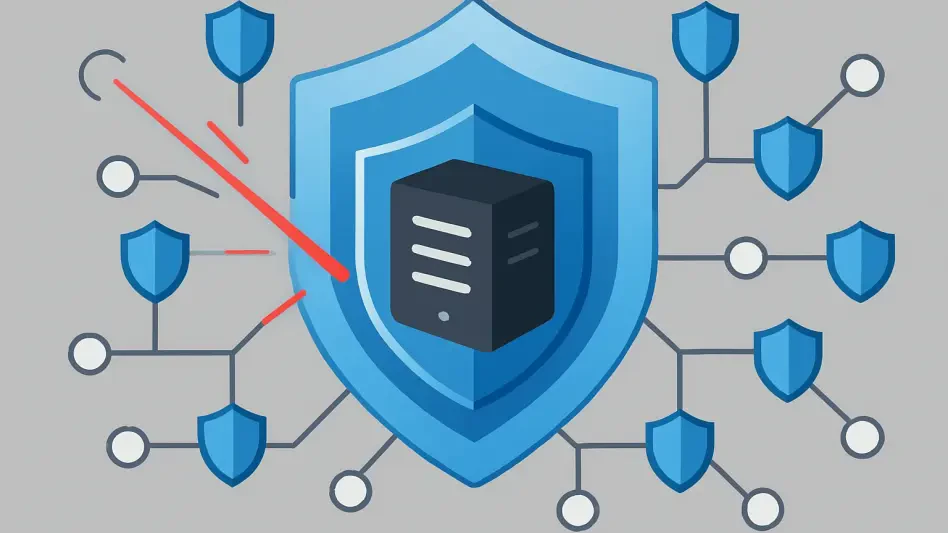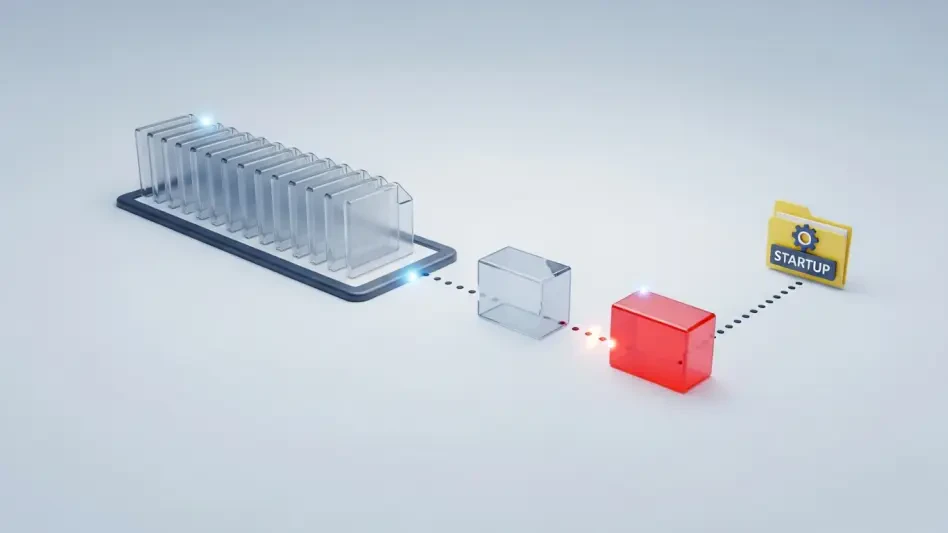In recent years, the cybersecurity landscape has been reshaped by the evolution of artificial intelligence, particularly in identifying zero-day vulnerabilities. A landmark development in this field is the integration of Claude AI with reverse engineering techniques to analyze .NET assemblies, transforming how hidden security flaws are uncovered. This innovative approach promises to redefine the scale and efficiency of vulnerability detection in software, offering a new level of precision in cybersecurity efforts. The prowess of Claude AI lies in its capability to autonomously analyze complex .NET binaries, reducing the dependency on manual code reviews that traditionally demanded significant human resources.
The Role of Claude AI in Enhancing Security Protocols
Unveiling Hidden Security Vulnerabilities
Claude AI has demonstrated impressive results by uncovering a critical deserialization vulnerability in System.AddIn.dll, a standard component within Windows. This flaw arises from the insecure implementation of BinaryFormatter in the AddInStore.cs file, specifically within its ReadCache and WriteCache methods. Although previously acknowledged by security experts, this vulnerability served as an ideal test case for the advanced analytical abilities of Claude AI. The AI not only successfully identified this flaw but also efficiently traced the potential exploitation paths from user inputs to the deserialization vulnerabilities.
Furthermore, the AI exposed multiple attack vectors through the AddinUtil.exe utility, pointing out how command-line parameters could facilitate arbitrary code execution. This occurs when handling malicious cache files, showcasing Claude AI’s adeptness in plotting intricate exploitation scenarios and producing functional proof-of-concept code. For instance, when exploring the -pipelineroot attack vector, the AI astutely connected the dots from command-line inputs to the vulnerable BinaryFormatter.Deserialize() function, unveiling the sequence of method calls that trigger unsafe deserialization.
Crafting Exploits with Precision
One of the standout abilities of Claude AI is its skill in generating Python code to craft an exploit payload, reflecting its sophisticated comprehension of binary file structures. The AI formulated exploit code capable of execution by establishing a precise directory arrangement and configuring cache files. This resulted in arbitrary code execution through AddinUtil.exe, emphasizing the potential of AI-assisted vulnerability research to not only detect security threats but also formulate applicable exploits with minimal human input.
The AI’s proficiency in both identifying issues and creating solutions paves the way for rapid advancements in cybersecurity. Its success in practical exploitation serves as a testament to the transformative power of AI in security, offering streamlined solutions and reducing the time required for manual assessment. This innovative approach allows cybersecurity teams to focus on crafting higher-level strategies for threat mitigation, leveraging AI for repetitive analytical tasks.
Implications for Enterprise Software Security
Accelerating Vulnerability Discovery
The implications of employing AI-driven solutions like Claude in cybersecurity are substantial, particularly in detecting zero-day exploits in enterprise software. As organizations face mounting pressures to swiftly identify and rectify vulnerabilities, AI offers a promising avenue to scale security measures efficiently. This method bridges the gap between rapid vulnerability discovery and maintaining expert-level scrutiny, a balance often challenging to sustain with traditional approaches.
The research surrounding Claude AI contributes to a broader trend of integrating AI and machine learning in cybersecurity initiatives. By offering unprecedented speed and depth of analysis, these tools are reshaping the landscape, allowing cybersecurity teams to stay ahead of potential threats. AI’s ability to manage vast datasets and identify anomalies positions it as a crucial asset in fortifying enterprise software against emerging security challenges.
Future Directions in AI-Powered Security
The pathway for AI in cybersecurity extends beyond mere vulnerability detection. As technology continually advances, AI systems are expected to evolve in their capabilities, refining the processes of analyzing, predicting, and mitigating security risks. This progression could see AI becoming a standard component in security infrastructures, guiding decision-making with data-driven insights.
Future directions might focus on enhancing the adaptability of AI models to different software environments, further improving their effectiveness in varied contexts. Additionally, fostering collaborations between AI development teams and cybersecurity experts will be essential in advancing these technologies, ensuring they meet the dynamic needs of modern enterprises. This cooperative approach can spur innovations, enriching the effectiveness of AI-powered systems across diverse security applications.
Navigating Future Security Landscapes
In recent years, the field of cybersecurity has been significantly transformed by advancements in artificial intelligence, especially regarding the identification of zero-day vulnerabilities. A pivotal development in this arena is the combination of Claude AI with reverse engineering methods to scrutinize .NET assemblies. This integration is changing how concealed security weaknesses are discovered, promising to greatly enhance both the scope and efficiency of vulnerability detection in software systems. Claude AI’s exceptional ability to autonomously analyze intricate .NET binaries marks a substantial advancement, as it lessens the reliance on traditional manual code reviews, which historically required extensive human effort. This reduces the need for large teams to meticulously comb through code, thereby streamlining the process. By autonomously identifying security flaws, Claude AI allows cybersecurity professionals to focus their expertise on more complex threats, harnessing AI’s precision to bolster overall cybersecurity measures in a rapidly evolving digital landscape.








